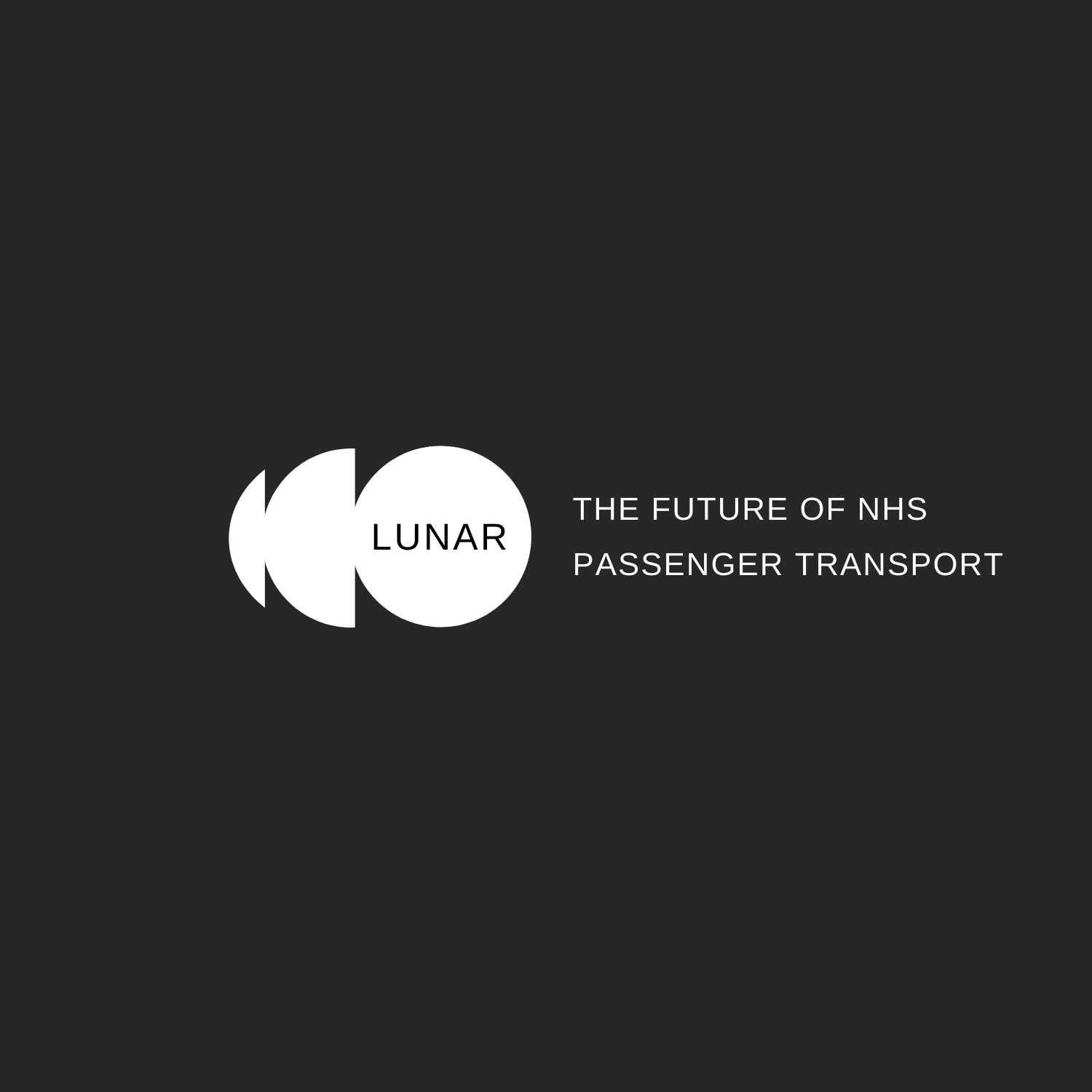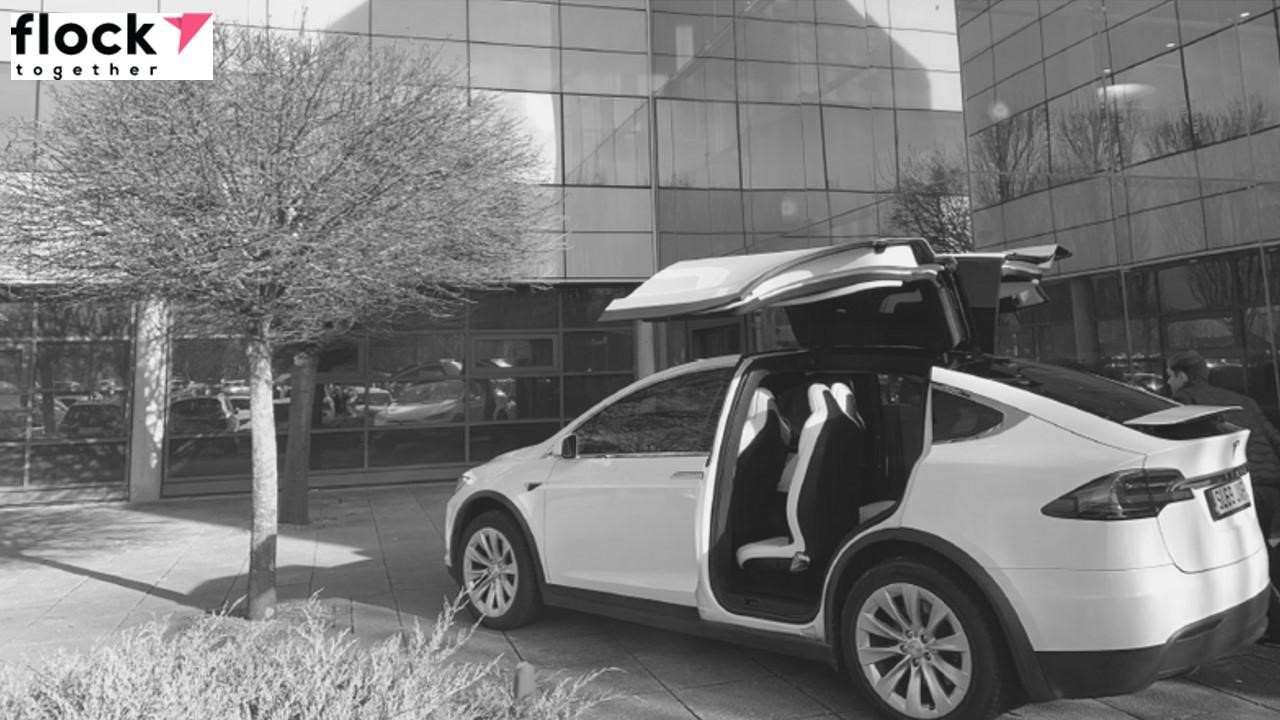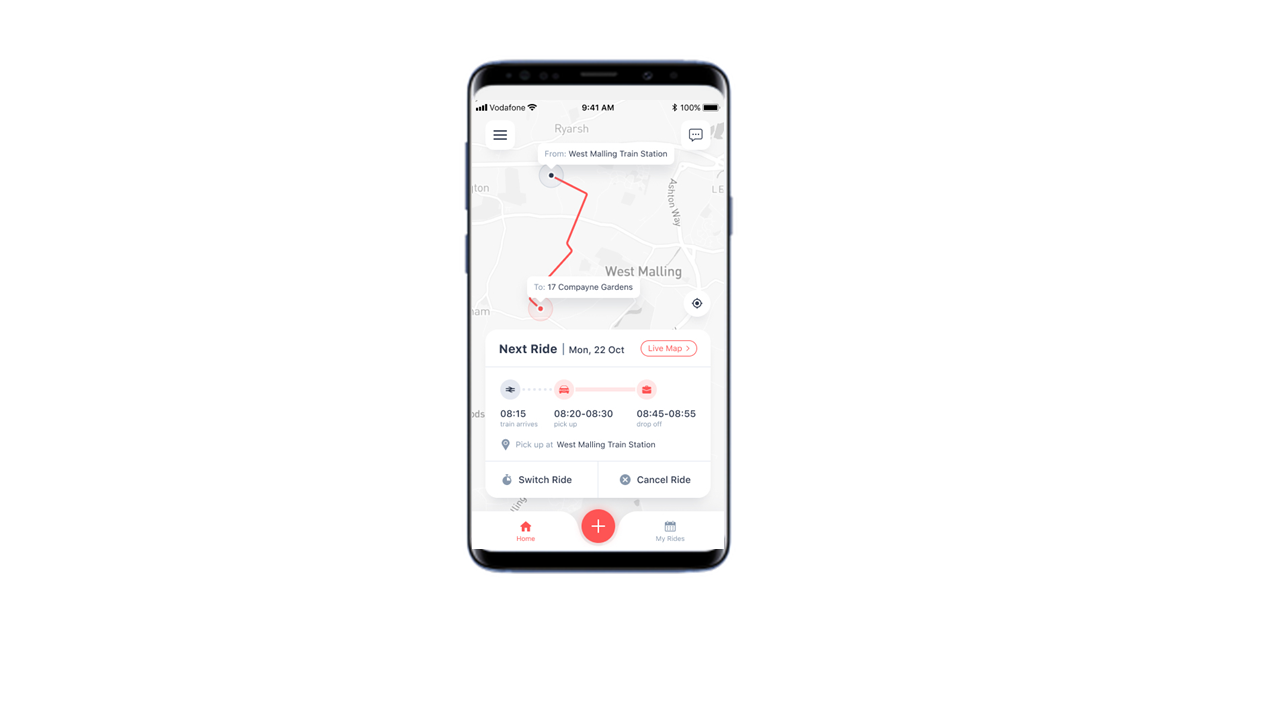
Objectives of the service

Objectives:
-
Help the NHS reduce transport emissions and meet their net zero targets
-
Improve access to the workplace for NHS staff
-
Save money for the NHS by consolidating services and making better use of fewer vehicles
Users and their needs
The key user segments targeted by our service in this project are NHS employees and patients. The key customers are individual NHS Trusts across the UK.
NHS employee (commuting) problems
-
Limited car parking availability at many NHS sites
-
Limited access to public transport that coincides with shift times (day, night and during public holidays)
Patient problems
-
Limited car parking availability
-
Cost of parking at sites
-
Appointment no-shows and punctuality issues due to travel disruptions
-
Stress caused by current inflexible travel options - particularly when appointments overrun
NHS Trust problems
-
Car parks at full capacity
-
Tough sustainability targets
-
Better use of mobility budget
-
Inefficiency of patient home transfer services
-
Cost of grey fleet
The two key user needs across all the services are flexibility and reliability - the ability to deal with unexpected changes easily, without worry or stress that the user will be let down.
The biggest challenges for the service to meet these needs are:
-
Determining the optimal number of electric vehicle and driver assets to deploy in order to provide an attractive, flexible enough service to staff and patients whilst also utilising the NHS Trust mobility budgets better.
-
Stimulating behaviour change amongst NHS Employees and patients who are currently private car users
Service/ system concept
The Flock service ensures the use of each vehicle is maximised and benefits as many users as possible by enabling multiple sharing options in a novel and user-friendly approach. The service is powered by unique shared mobility functionality that enables each vehicle to be used dynamically in three ways:
-
A dynamic door-to-door commute service provides better access to hospitals for employees who are often working shifts at odd times of the day when public transport is limited or unavailable. Commuters just need to download the app and enter their commuting details to see commute rides that might work for them
-
As the managed commute service is only required at certain times of the day, we offer the same vehicles and drivers for convenient shared guest / patient services throughout the day. Patients just need to download the app, enter their appointment details and see rides that might work for them to and from the hospital.
-
The same fleet of vehicles is also available for self-drive bookings by the hour for business or personal use by staff. An NHS employee can access a fleet vehicle using a smartphone application and gain instant access if the vehicle is available. Keyless entry on the vehicles allows the vehicle to be accessed via the app and enables the NHS trusts to keep track of pool car utilisation and availability automatically.
The system works by feeding the requests from multiple users made in the passenger app (ride pickup point, destination, required arrival time etc) into a ‘logistics module’. The logistics module then calculates the best way to use the available vehicles and drivers to provide as many rides as possible to the passengers. The driver app shows each driver where they have to go to pick up passengers along a calculated route optimised for maximum vehicle utilisation. Global navigation satellite systems (GNSS) allow the Flock system to accurately show the riders where their driver is in real time (via the Vehicle tracker component) and show the drivers where specifically a rider is in real time (via the passenger’s mobile device). The GNSS also allows the Flock system to determine when a passenger is actually in the vehicle automatically so that users and drivers don’t have to manually confirm they are in the vehicle.
When the electric vehicle is not being used or is not charging, staff, with predetermined permission, can book the vehicle via their Passenger app, if the Vehicle management service has determined it is available and then unlock the vehicle with their app using the Keyless entry hardware fitted to each vehicle.

Space Added Value
Satellite Navigation technologies are used in this project so that we achieve an understanding of the current location of vehicles and individuals and optimise our routing system as a result of accurate real-time location information and routing data.
We combine Global Navigation Satellite Systems (GNSS) with the European Geostationary Navigation Overlay Service (EGNOS) - Europe's regional satellite-based augmentation system (SBAS) - to enable a location accuracy for vehicles and riders between 0.5 and 3 metres. This level of accuracy enables us to achieve critical functional capabilities including: automatic passenger vehicle onboarding detection, public transport detection, parking utilisation, automatic arrival messaging and accurate real-time route navigation. Numerous other GNSS correction services are available, including Real-Time Kinematic (RTK), Atmosphere Correction (AC) and Precise Point Positioning (PPP). However, we have implemented SBAS due to the economic benefits and the characteristics of our real-time vehicle tracking use case.
Current Status
Phase 1 of the project (completed 29th September 2022) has focused on developing and running simulations, based on the data collected from NHS Newcastle and NHS Hampshire, for each element of the flock service in the NHS context. The results of these simulations were reviewed at the Acceptance Test milestone of Project LUNAR and have set out the potential impact of the service and its feasibility. Phase 1 of the project has also developed a prototype of the service user interfaces for the Flock app. This prototype demonstrates how the end users and system administrators will interact with and manage the various aspects of the Flock Service during the pilot phase of the project.
Phase 2 of project LUNAR, if granted authority to continue, will see the development of the system from its current UI prototype level to an operational MVP system suitable for real world use. A pilot will be conducted and evaluated with multiple electric vehicles and drivers across NHS Newcastle and NHS Hampshire sites to test each of the sharing options (commute, self-drive, and shared guest / patient services).
Prime Contractor(s)
Subcontractor(s)





